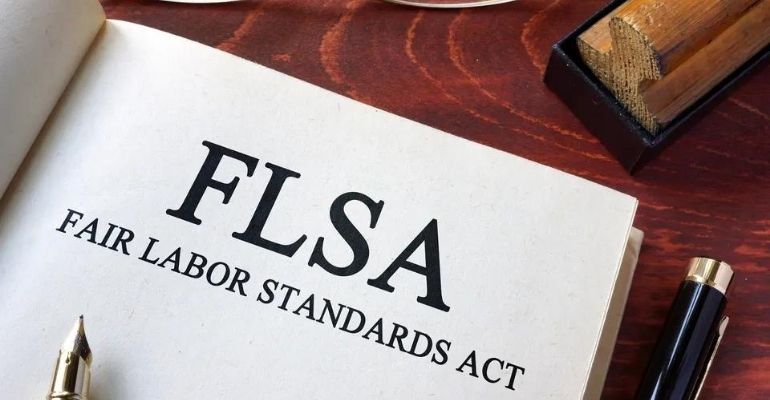
3 Steps to Consider When Trying to Collect Unpaid Wages
Do you believe an employer has improperly withheld your wages? If so, you are not alone. Department of Labor statistics indicates thousands of people file unpaid wage claims each year.
If you are in this situation, you are probably wondering what steps you can take to get the money you are owed. The following information may help.
What To Do If Your Employer Refuses to Pay Wages
1. Determine What You Are Owed
Before proceeding, it is important to clearly understand and define the wages you believe you are owed. It helps to coordinate with an unpaid wages lawyer during this process. Sometimes, it is not entirely clear whether your case is valid. An attorney can help you determine whether yours is.
For instance, you need to know what types of situations warrant taking action in the first place. You may be entitled to unpaid wages if:
- an employer failed to pay you at the legal minimum wage rate,
- you did not receive your last paycheck after leaving a position,
- you took earned vacation time but were not paid for it,
- an employer withheld an earned bonus, or paid time off- and more
Again, it is also important that you know exactly what you are owed. This can involve some degree of calculation. For example, in Florida, with a few exceptions, employers must pay workers at the highest minimum wage rate. As of 2019, the minimum wage in Florida is $8.46 per hour. The federal rate (for employers and employees subject to the Fair Labor Standards Act) is $7.25.
Thus, you might review your old paychecks and discover you have been consistently paid at an impermissible rate. You would then need to calculate the difference between what you were paid versus what is owed under either Florida or federal law.
Collecting unpaid overtime is another situation that is sometimes complicated. In Florida, employers must obey the federal standards for overtime (because Florida does not currently have its own overtime law). That generally means non-exempt employees who work greater than 40 hours a week must be paid time and a half. This is another good example of how you may discover your employer is not paying you what you are owed under the law. You will need to review your paychecks and work history to determine what your employer may owe.
Once again, this can be a little tricky if you do not have experience with these matters. Because accuracy is essential, may want to consult with an attorney.
2. Write a Letter
There is no guarantee your employer will respond to a letter. Also, this certainly is not the only step to take if your employer is correctly paying wages. However, taking this as a first step will, at the very least, indicate you tried to resolve the situation internally before seeking outside help. It is also typically a requirement before filing a claim when you are seeking to recover minimum wages under Florida law. To do so you need to demonstrate to the court that you made a good faith attempt to work with your employer before escalating the situation. If they do not respond to your notice within 15 days, you may proceed with further action.
The letter should be professional and formal. You do not want to come across as angry. Even if you are, it is best to keep your emotions in check when drafting a demand letter. You should summarize your argument. You need to state what you are owed, and the dates and times when you performed the relevant work, and the total you are claiming.
Although this may require some research, it is also a good idea to cite the relevant state law or statute indicating you are legally owed what you are requesting. Remember, accuracy is important. Additionally, you must let your employer know you plan on filing a claim against them if they fail to respond within 15 days.
3. Hire an Unpaid Wages Attorney
Do not worry if your employer does not respond when you write a letter demanding unpaid wages. This is not exactly surprising. If your employer unknowingly withheld wages, it might voluntarily correct the error. On the other hand, if your employer is aware of its own refusal to pay, there is a chance a letter will not accomplish much.
Get in touch with a Florida unpaid wages lawyer when this happens. They will help you begin the process of filing a claim. That said, you need to act fast when you reach this stage. Depending on the relevant statute, you will only have a certain amount of time to file a claim. You will waive your right to unpaid wages if you miss the deadline.
We will make sure that does not happen. If you are planning to file an unpaid wages claim in Florida, contact Wenzel Fenton Cabassa, P.A. today for your free consultation.
We have locations available in Tampa, St. Petersburg, Sarasota, Orlando, Jacksonville, Miami, and West Palm Beach for your convenience.
Please Note: At the time this article was written, the information contained within it was current based on the prevailing law at the time. Laws and precedents are subject to change, so this information may not be up to date. Always speak with a law firm regarding any legal situation to get the most current information available.









